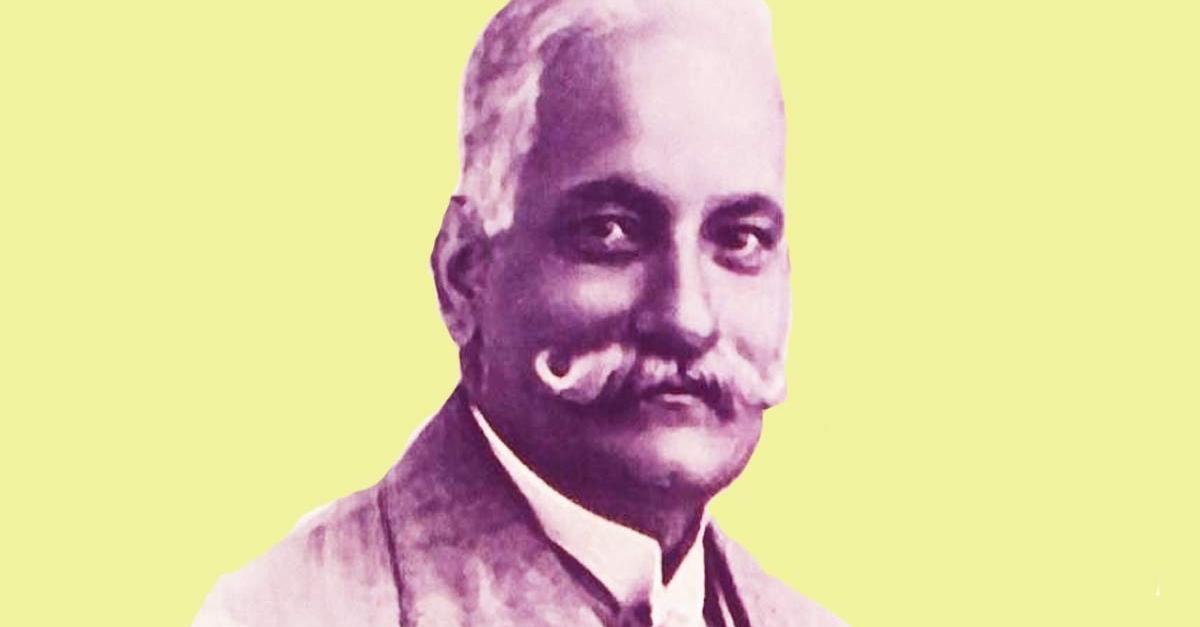Are you curious to know what is nehru report? You have come to the right place as I am going to tell you everything about nehru report in a very simple explanation. Without further discussion let’s begin to know what is nehru report?
What Is Nehru Report?
During the tumultuous years leading up to India’s independence, the Nehru Report emerged as a pivotal document that laid the foundation for constitutional reforms and paved the way for India’s future governance. This landmark report, crafted by a committee led by Motilal Nehru, outlined key proposals for India’s constitutional structure, representing a significant milestone in the country’s quest for self-governance. Let’s delve into the essence of the Nehru Report, its significance, and its impact on India’s constitutional evolution.
Context And Historical Significance
- British Rule and Demands for Reforms: The early 20th century witnessed rising demands for constitutional reforms in British India, with calls for greater representation and self-governance.
- The Simon Commission: The British government’s appointment of the Simon Commission in 1927, comprising all-British members, sparked protests and discontent as it lacked Indian representation, leading to calls for indigenous constitutional reforms.
Crafting The Nehru Report
- Motilal Nehru Committee: Formed in 1928, the committee, chaired by Motilal Nehru and including prominent leaders like Tej Bahadur Sapru and Jawaharlal Nehru, drafted the Nehru Report.
- Key Proposals: The report advocated for a dominion status for India within the British Commonwealth, fundamental rights, responsible government, federal structure, and representation based on proportional representation and joint electorates.
Key Features And Proposals
- Dominion Status: The report sought self-governance within the British Empire, envisioning India as a self-ruling dominion.
- Fundamental Rights: Emphasized the protection of fundamental rights, including freedom of speech, religion, and equality before the law.
- Federal Structure: Proposed a federal system with a distribution of powers between the central and provincial governments.
- Representation and Electorates: The report recommended joint electorates with reserved seats for minorities to ensure fair representation.
Reception And Legacy
- Mixed Reactions: The Nehru Report received mixed responses from different sections of Indian society, with some endorsing its proposals while others expressed reservations or demanded modifications.
- Foundation for Future Discussions: Despite not being immediately accepted, the Nehru Report laid the groundwork for future constitutional discussions, shaping subsequent dialogues and reforms.
Conclusion
The Nehru Report remains a significant milestone in India’s constitutional journey, reflecting the aspirations and efforts of Indian leaders for self-governance and constitutional reforms. While it didn’t directly lead to immediate constitutional changes, its proposals and principles played a crucial role in shaping subsequent discussions and provided a blueprint for future constitutional reforms, ultimately contributing to India’s eventual independence and the framing of its Constitution.
As India continued its struggle for freedom, the Nehru Report’s legacy endured, serving as a foundational document that set the stage for the constitutional debates and reforms that ultimately shaped the destiny of an independent India.
FAQ
Who Rejected Nehru Report?
The leader of the Muslim league, Mohammad Ali Jinnah not only called Nehru Report un-democratic and reactionary but also regarded it as detrimental to the interests of the minorities in general and the Muslims in particular. The President of Central Sikh league, Saradar Karak Singh also rejected it.
Why Did Jinnah Give 14 Points?
In reaction to the Nehru Report, Mr. Jinnah was authorized by the League to draft in concise terms the basis of any future constitution that was to be devised for India. Jinnah’s aim was to safeguard the interests of Muslims. He, therefore, gave his 14 points.
Who Prepared The First Draft Constitution Of India In 1928?
The Constitution drafted in 1928 was known as Nehru Report. It was prepared by a committee of All Parties Conference chaired by Motilal Nehru with Jawaharlal Nehru as its Secretary. there were a total of 9 members in the Committee.
How Many Amendments Did Jinnah Proposed In Nehru Report?
Amendments Proposed by Jinnah in Nehru report: At the All Parties Conference held at Calcutta in December 1928 to consider the Nehru Report, Jinnah, on behalf of the Muslim League, proposed three amendments to the report: One-third representation of Muslims in the Central Legislature Reservation to Muslims in Bengal …
I Have Covered All The Following Queries And Topics In The Above Article
What Is The Nehru Report
What Is Nehru Report 1928
What Is Nehru Report In Urdu
What Is Nehru Report In Hindi
Nehru Report Short Note
Nehru Report Date
Why Nehru Report Was Rejected
Nehru Report 1928 Members
Nehru Report Pdf
Nehru Report 1928 Upsc
नेहरू रिपोर्ट
नेहरू रिपोर्ट 1928
What Is Nehru Report
